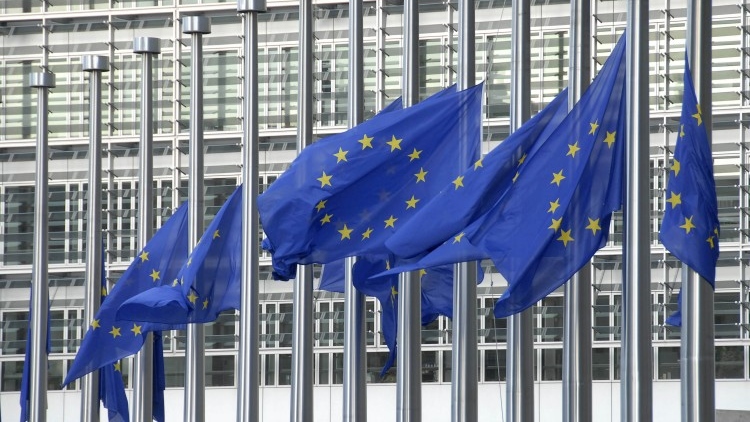EU provides €3 bn package to support neighbouring partners, Bosnia gets €250 mn

The Council of the European Union adopted a decision on Wednesday to provide up to three billion euros of macro-financial assistance to ten enlargement and neighbourhood partners, including Bosnia, to help them cope with the economic fallout of the Covid-19 pandemic.
European Union will provide €250 million to Bosnia only within this support package, while the rest of the amount will be allocated for Albania (€180 million), Georgia (€150 million), Jordan (€200 million), Kosovo (€100 million), Moldova (€100 million), Montenegro (€60 million), North Macedonia (€160 million), Tunisia (€600 million) and Ukraine (€1,200 million).
Financial assistance will be provided in the form of loans on highly favourable terms, said the Council.
EU assistance will help these jurisdictions cover their immediate financing needs which have increased as a result of the COVID-19 outbreak. Together with the support from the International Monetary Fund (IMF), the funds will help enhance macroeconomic stability and create space to allow resources to be allocated towards protecting citizens and to mitigating the negative socio-economic consequences of the coronavirus pandemic.
In Bosnia and Herzegovina, the outbreak of the Covid-19 pandemic sharply exacerbated the already ongoing economic slowdown, in particular affecting transport and tourism, but also workers remittances, accounting for some 5% of GDP and providing an important lifeline, in particular for lower-income households.
Latest projections for 2020 expect a drop in economic activity of some 10%, with a sharp increase in unemployment.
Despite rather sound fiscal headline numbers, the country’s capacity to create the necessary fiscal space at short notice is very limited.
The Bosnian authorities have already requested emergency financing from the IMF, amounting to up to €330 million (nearly 2% of GDP). The economic slowdown will lead to a large drop in revenues and a sharp increase in transfers, resulting in a strong increase in financing needs. Current estimates point to a remaining financing gap of some €500 million (2.8% of GDP) in 2020, after IMF (up to €330 million, nearly 2% of GDP) and World Bank (about €20 million or 0.1% of GDP) contributions.
Due to the country’s poor credit rating, access to international financial markets is very limited, while the country’s financial markets are too shallow to accommodate these remaining financing needs. In this context, MFA in the amount of €250 million is warranted.
Kakvo je tvoje mišljenje o ovome?
Učestvuj u diskusiji ili pročitaj komentare





 Srbija
Srbija
 Hrvatska
Hrvatska
 Slovenija
Slovenija







